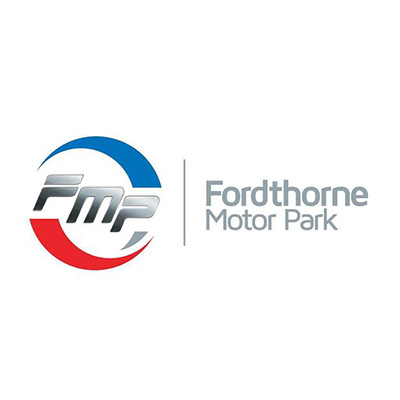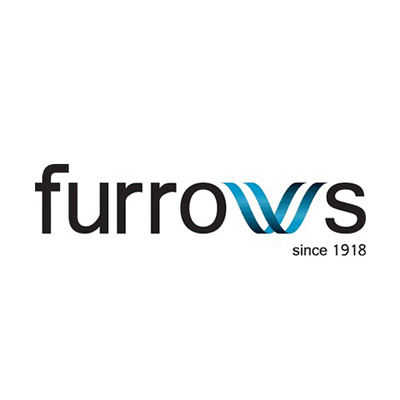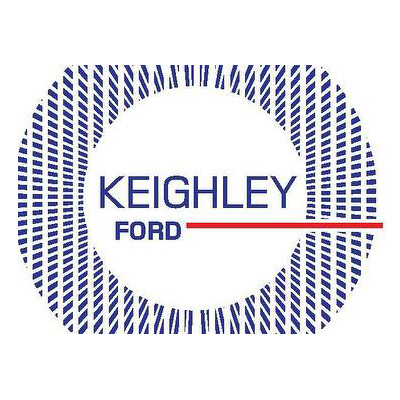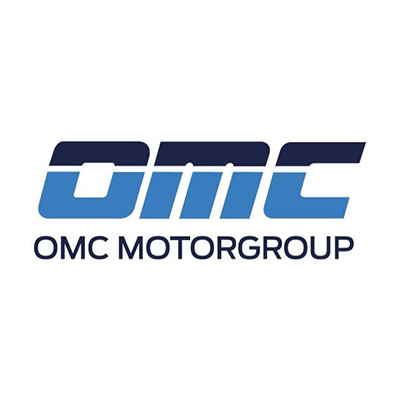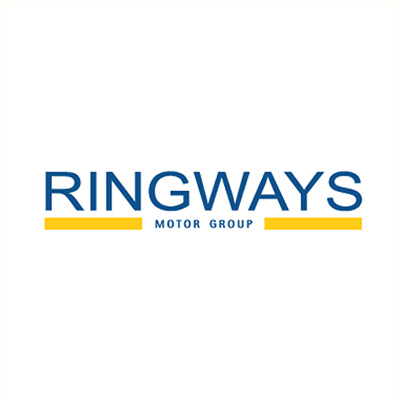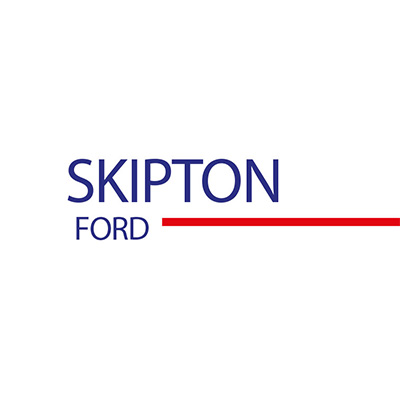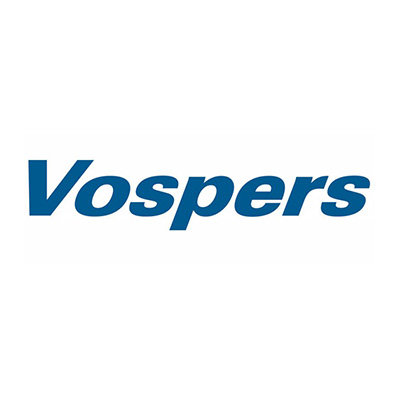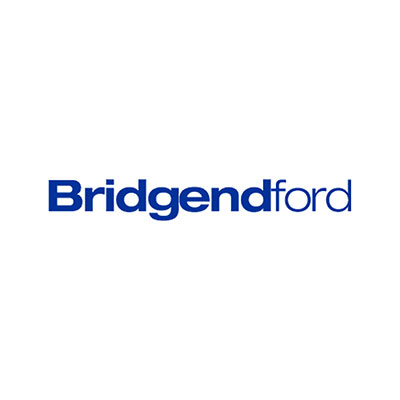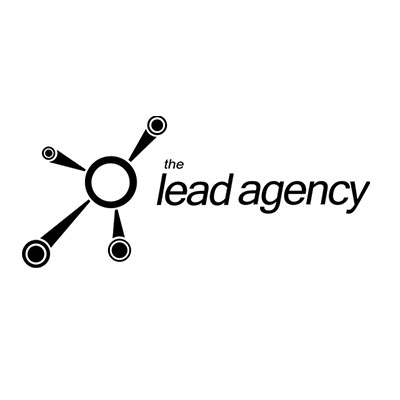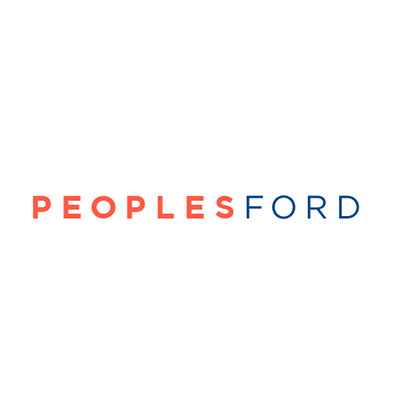
SM & CR – Senior Managers & Certification Regime
Peak Consultants provides a comprehensive range of support to all firms and individuals subject to SM&CR, with solutions that are proportionate, practical, and fully compliant with the regulations.
On March 7, 2016, the FCA and PRA introduced the Senior Manager and Certification Regime (“SM&CR”) to deposit taking institutions, changing the way that individuals are regulated in the financial services industry. The regime was extended to nearly all FCA regulated firms on December 9, 2019. SM&CR is the biggest change in the regulation of individuals in recent history and introduces a new era of accountability, aiming to improve conduct at all levels.
The impact of this new accountability regime is now becoming clearer, with the FCA and PRA now embedding individual conduct and accountability considerations throughout their supervisory and enforcement activities, with more direct questions being asked of individual Senior Managers.
SM&CR – Post Implementation
Following the implementation of SM&CR to solo-regulated firms the Financial Industry has entered a new era of individual accountability. SM&CR requires firms to articulate how they manage themselves in clear, unambiguous terms that both management and the regulators can understand. SM&CR also requires that those accountable take reasonable steps to ensure that they are managing things in an effective way.
The challenges presented by SM&CR are not just regulatory, they impact the wider business practice and so should not be viewed as something for the compliance to handle in isolation. Nor should the completion of implementation be viewed as the end of the process. Senior Managers are expected to take a pro-active role in checking things are up to date, both in terms of accountabilities and their own management arrangements.
Managing transition
During periods of transition, for example where roles change, Senior Managers join and leave the firm, organisational restructuring – SM&CR arrangements will need specific attention.
Incoming Senior Managers are increasingly asking firms questions around SM&CR accountabilities and mechanisms firms have in place to support them, often ahead of signing a contract. Robust SM&CR arrangements are therefore becoming a necessity for firms that want to attract the best talent to the most senior roles.
We believe that the first 100 days are of vital importance for a new Senior Manager, taking time to assess all areas for which they are accountable, identifying gaps and starting to take steps to remediate them Firms should have processes in place to support both outgoing and incoming Senior Managers during this transition.
Evidencing Reasonable Steps
Senior Managers may be asked to evidence that they have taken ‘reasonable steps’ under the new regime to prevent or stop breaches within their area of responsibility. It is important that each Senior Manager understands what they and other Senior Managers are responsible for within the firm. Each Senior Manager will want to review their area of responsibility and ensure that they are comfortable with the arrangements and able to evidence that they personally have taken steps to ensure that breaches can be prevented.
How we can help
Peak Consultants has SM&CR experience and insights from supporting a large range of financial services firms. Our approach to SM&CR recognises the importance of both the practical and individual aspects of the regime, which goes beyond simply confirming regulatory rules compliance.
SM&CR services include:
- Senior Manager approvals
- Preparation for FCA reviews
- Advice on the allocation of responsibilities and implementation of SM&CR
- Assistance with Certification
- Breach management and reporting
- HR policy and process reviews, including FIT arrangements and referencing
- Ongoing assistance and ad hoc advisory services
- Ongoing conduct rules and other training
Improve culture, governance and accountability within financial services firms
Highlights the importance of HR and compliance working together
Ensures there are adequate powers in staff contracts, and policies to address performance management issues
Reviews and keeps updated training materials, handbooks, internal policies and protocols and governance related documents









